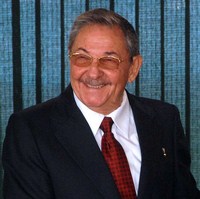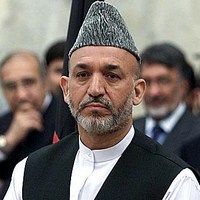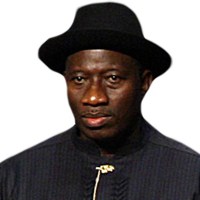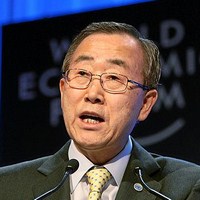
During the 1990s, the U.S. Department of Defense concluded that it was in a “strategic pause.” With the Soviet Union gone and no equal threat on the horizon, the Pentagon had the luxury of doing things like building a “futures” industry to think big thoughts about long-range changes underway in the security environment and the nature of armed conflict. But today strategic futurists face hard times. As the defense budget shrinks, money and time for forecasting and analysis are hard to come by. There is no doubt that cuts in defense spending are needed, but if thinking about the future […]









